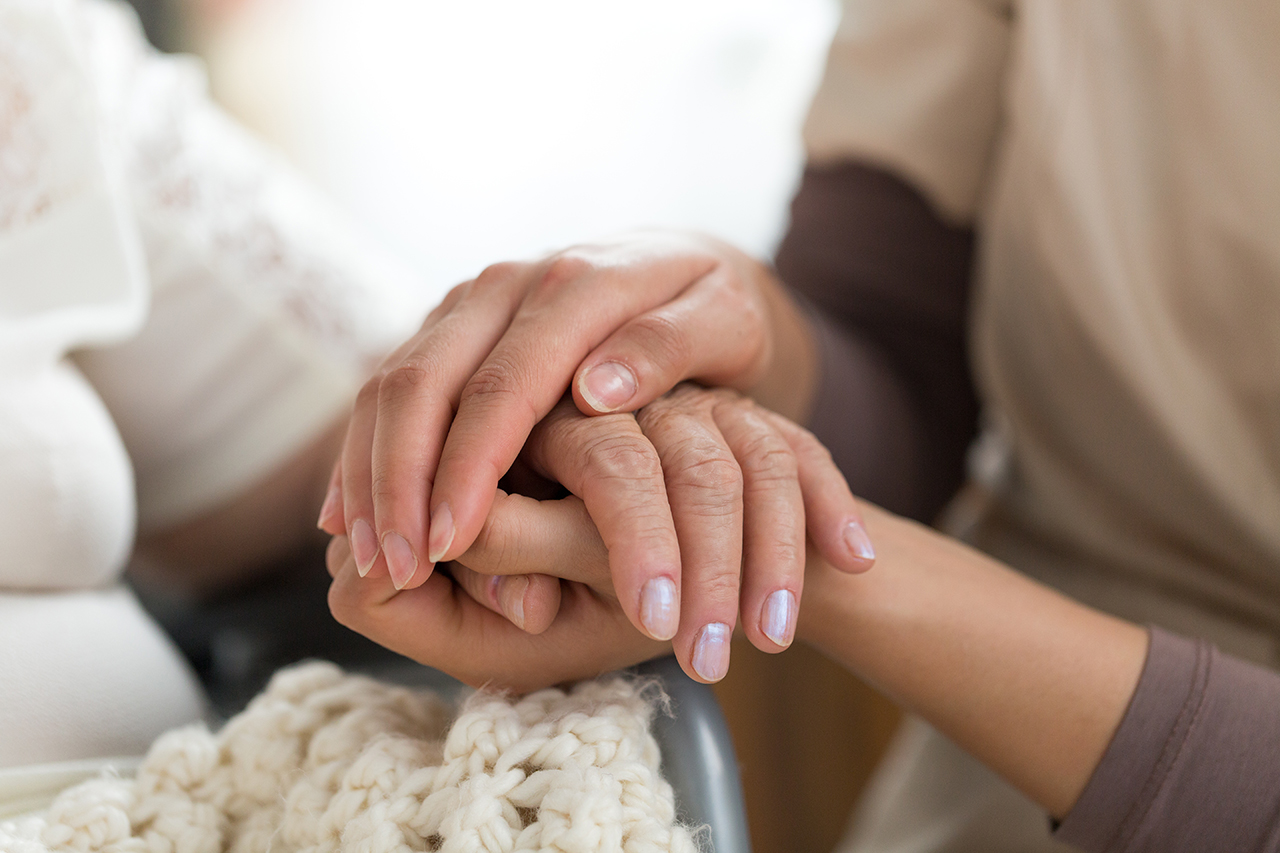Hospice Care
What Is Hospice Care?
Hospice care is designed to provide support to both you and your loved ones during an advanced illness.
Facing a life-limiting illness is an extremely difficult topic to discuss, but at Caring Edge, we’re here to help. Our hospice team is hoping to help reduce the stigma when it comes to end-of-life care. We focus on comfort rather than a cure as well as living pain-free with dignity. CaringEdge hospice services are delivered in your home, whether that’s a private residence or your apartment at one of our Edgewood communities.
Hospice Mission
CaringEdge Hospice & Palliative Care is dedicated to promoting quality of life by addressing the medical, emotional, and spiritual needs of our patients and their families. We understand that each patient and family is unique. We are guided by the belief that providing the highest quality of patient care with dignity, compassion, and respect for each person is the most important activity of the organization. We feel that we should help every patient facing end of life decisions to be free of pain and in a safe, compassionate environment. These choices allow patients to spend their final days with dignity and comfort and surrounded by their loved ones.
Benefits of Hospice Care

Medical Director
- Our physician will direct and approve the care plan, including pain and symptom management.
Skilled Nursing
- Provides pain and symptom management as well as nursing care. Nurses are available 24/7.
Social Worker
- Provides emotional support, counseling, and if there are financial needs, helps the family access community services.
Hospice Aide
- Assists with patient-focused care and companionship.
Chaplain
- Offers spiritual support and assistance with memorial and funeral arrangements.
Volunteer
- Assists with non-medical services such as running errands, light housekeeping, and companionship.
Complete this form or give us a call at 877.651.5839

